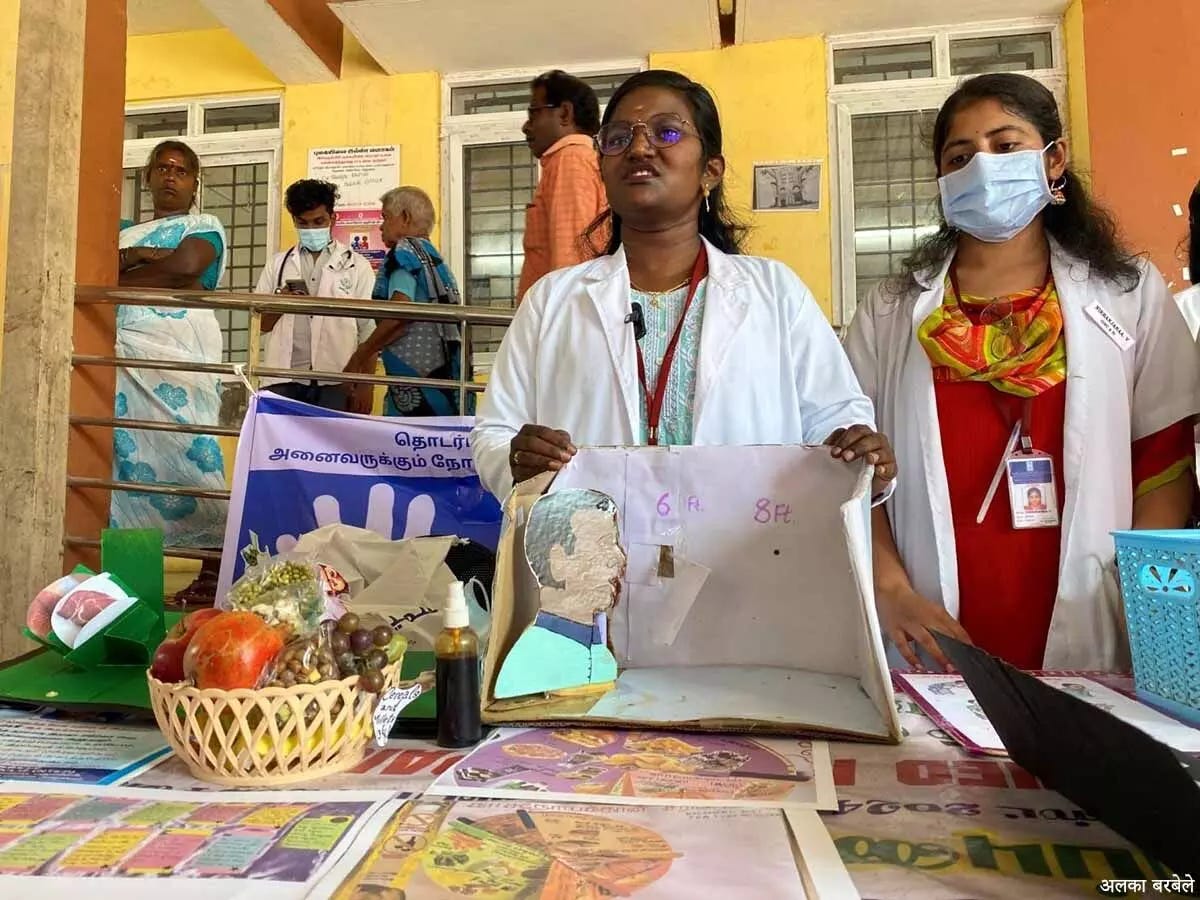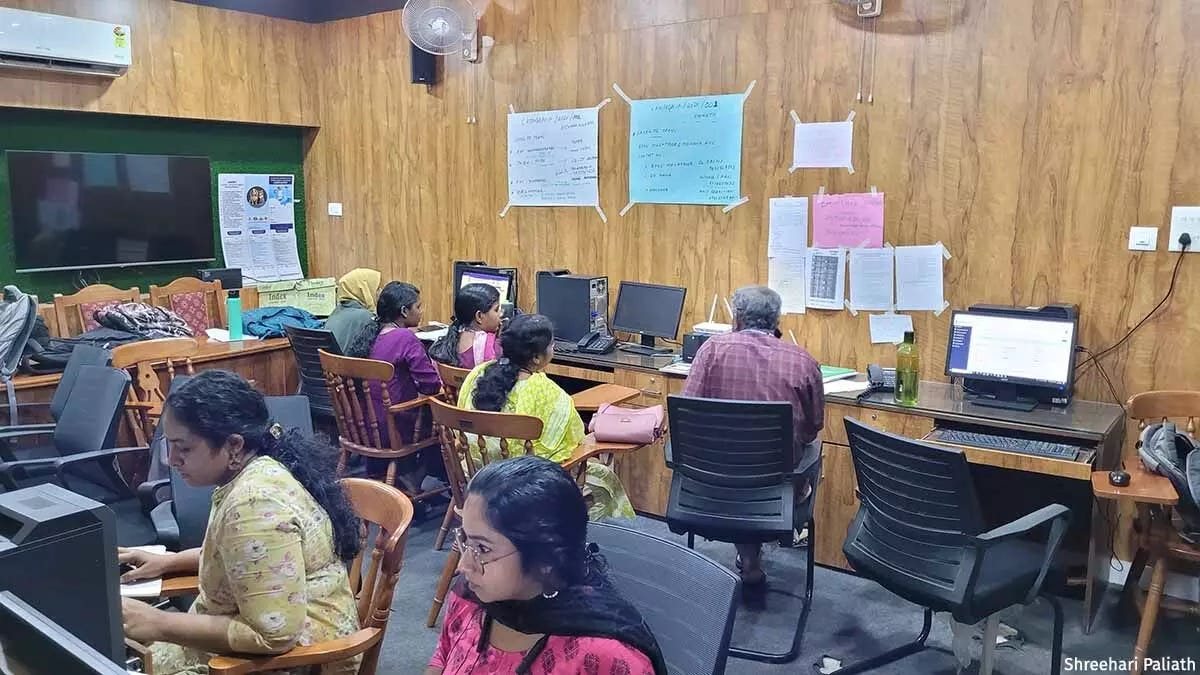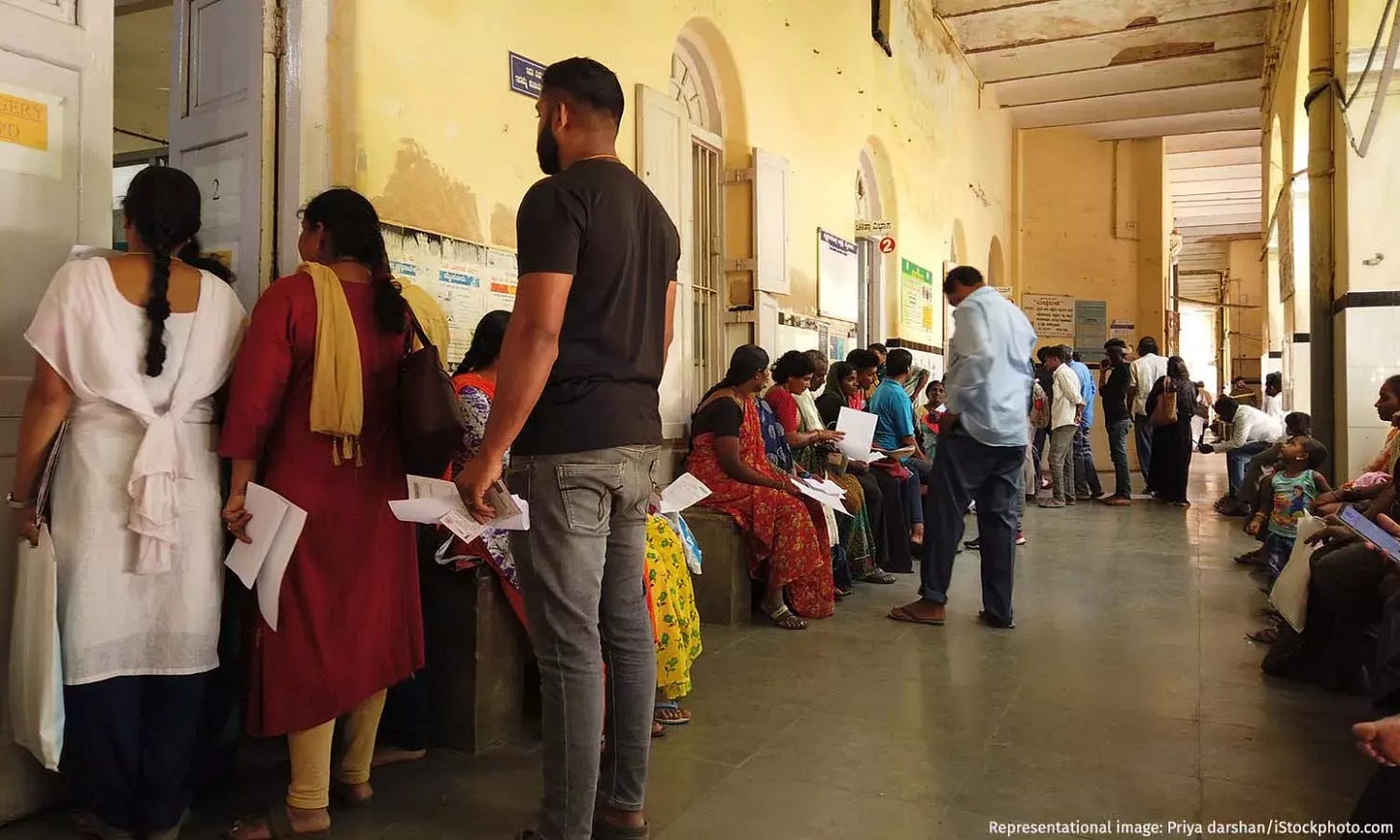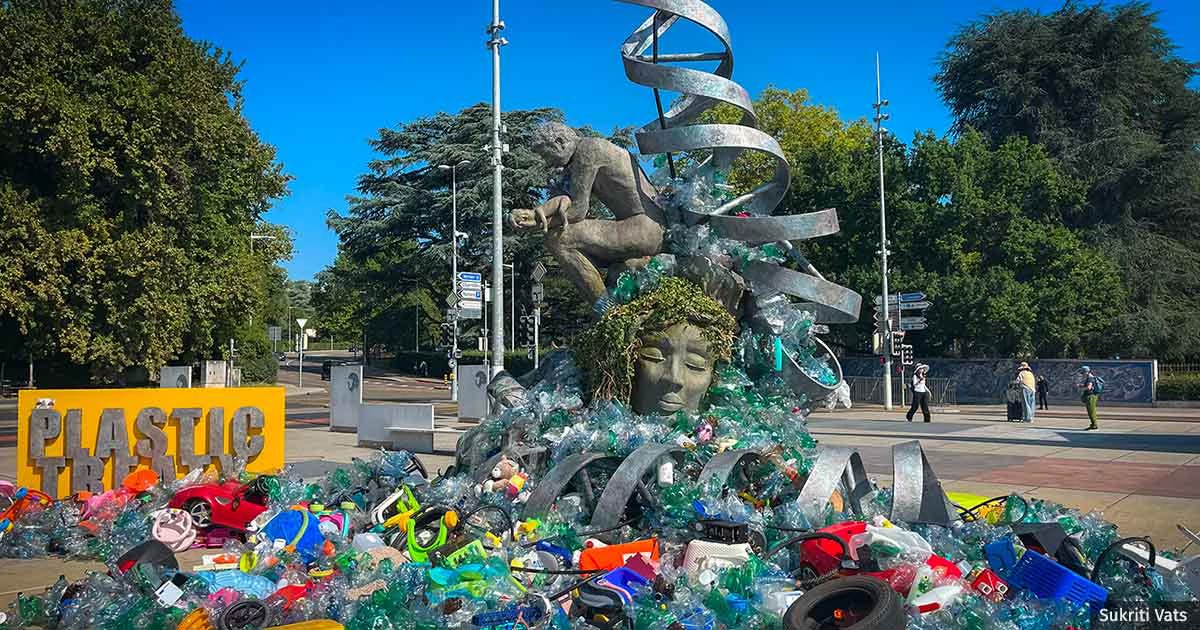Health Systems Under Stress
This week, Kerala's battle against repeated Nipah spillovers, the trouble with Ayushman Bharat, global plastic talks stalemate and more
From Kerala’s struggle with recurring Nipah outbreaks to India’s stance in the failed global plastics treaty, this week’s stories capture a world where health, environment, and governance are deeply entangled.
We report from the ground on Kerala’s containment efforts, investigate why India’s flagship health insurance scheme falters in emergencies, unpack the collapse of a global plastics deal in Geneva, and highlight promising breakthroughs showing how food, and not just medicine, could be India’s strongest weapon against tuberculosis.
Kerala Battles Nipah’s Return Amid Rising Spillovers
Kerala is once again grappling with Nipah virus (NiV) infections, reporting four independent spillovers this year, two of them fatal. IndiaSpend travelled to Malappuram and Palakkad to trace how the state’s health system is containing the highly virulent zoonotic disease, which has a case fatality ratio of 40% to 100%.
Despite Kerala’s robust response — 3-km containment zones, fever surveys covering 40,000 residents, and coordinated tracing across 26 departments — the ecological reality makes control difficult. Fruit bats, NiV’s natural hosts, thrive in Kerala’s Western Ghats, and precise human transmission routes remain unclear. With no licensed treatment and limited research facilities, scientists warn that constant year-round surveillance is critical to avert undetected spread.
Kerala’s fight underscores the urgent need for stronger One Health strategies, rapid diagnostics, and deeper community engagement to manage recurring spillovers and prevent a larger public health crisis. A ground report by Shreehari Paliath
Ayushman Bharat Falters: Hospitals Exit, Patients Struggle
India’s flagship health insurance scheme, Ayushman Bharat – Pradhan Mantri Jan Arogya Yojana (AB-PMJAY), aimed at providing free hospitalisation to 40% of India’s poorest, is buckling under systemic gaps. When filmmaker Divya Unny’s father fell critically ill, empaneled hospitals under the integrated AB-PMJAY and Maharashtra’s MJPJAY scheme turned her away, citing limited services, de-empanelment, or cumbersome eligibility checks.
IndiaSpend’s investigation reveals low awareness, inconsistent coverage, delayed payments, and inadequate budgets undermining the scheme’s effectiveness. Nationwide, private hospitals are suspending services over pending dues exceeding ₹12,000 crore, with smaller facilities on the brink of closure. India spends just 0.075% of GDP on AB-PMJAY, far below countries like Thailand (3.2%).
Without higher budgets, streamlined registration, timely reimbursements, and targeted outreach, the program risks leaving millions uncovered — especially those who depend on it as their only safety net during medical crises. A report by Charu Bahri
Global Plastics Treaty Talks Collapse Amid Deep Divisions
After ten days of negotiations in Geneva, the sixth round of talks on a Global Plastics Treaty ended without consensus, leaving behind a hollow draft and rising frustration among smaller nations. At the heart of the deadlock is a clash between the High Ambition Coalition (HAC, comprising 95 countries demanding production caps and bans on toxic polymers) and the Like-Minded Countries (LMCs), including India, Saudi Arabia, and Russia, who oppose restrictions and want the treaty to focus only on recycling and waste management. This coalition has found support from the US, which also argued against production caps.
India, the world’s third-largest plastic consumer, argues that strict curbs threaten livelihoods, industry, and food security, while HAC nations insist on reducing harm at source. With talks also stalled over finances and voting procedures, smaller island nations, already suffering from marine plastic fallout, warned they are being “left to bear the burden.” With no roadmap ahead, the treaty’s future hangs in the balance. Sukriti Vats reports from Geneva
Fighting TB With Food: How Nutrition Is Saving Lives
India’s battle against tuberculosis (TB) is shifting from hospital wards to kitchen tables. A landmark RATIONS trial in Jharkhand, published in The Lancet, shows that better nutrition dramatically reduces TB deaths and transmission: a 5% weight gain lowered patient mortality by 60% and cut infections among family members by up to 48%.
Inspired by this evidence, the WHO now recommends pairing TB treatment with mandatory nutritional support. States like Tamil Nadu and Meghalaya are leading the way with models combining early detection, free nutrition kits, and community participation. Yet India still faces steep challenges: it reported 2.6 million new TB cases in 2024, with 370,000 linked directly to malnutrition.

Experts say eliminating TB by 2025 — the government’s stated target — will require scaling nutrition-focused interventions, improving cash transfers, and ensuring that food aid reaches patients and their families. Without tackling hunger, India cannot defeat TB. Alka Barbele reports for IndiaSpend Hindi
As our stories for this week show, India stands at the crossroads of public health, environmental responsibility, and social equity -- and the choices we make today will shape our resilience, or lack thereof, tomorrow. Take care, stay safe, see you next week.





